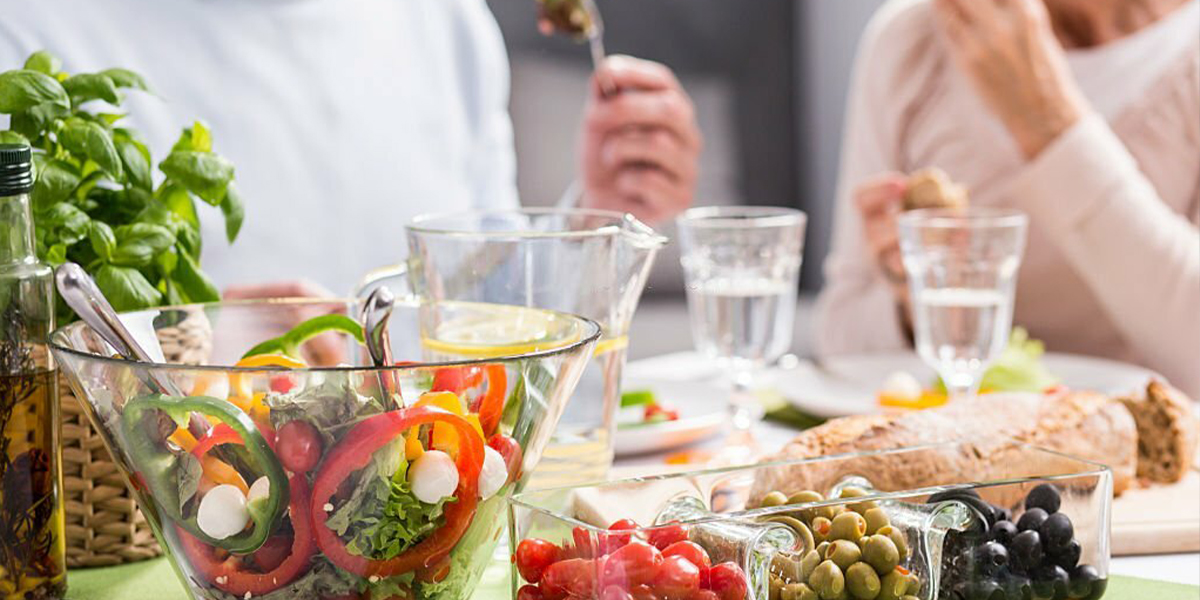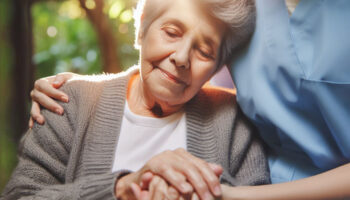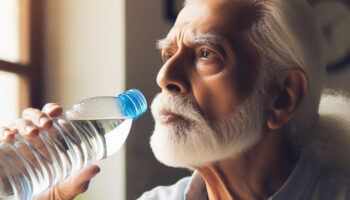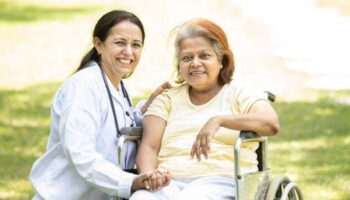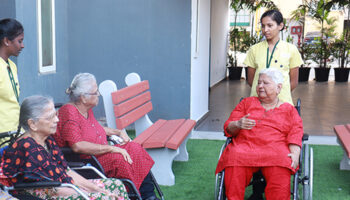Post-surgery days are crucial and call for extensive care to promote recovery. Foods and beverages one consume play an important role in the healing process. Surgery stimulates various reactions in the body and sets in a catabolic state. This in turn weakens the immune system, reduces muscle strength, increases the breakdown of skeletal muscle tissue, and prolongs the healing process. Diet is a prime component that wards off the impact of surgery. At Athulya Assisted Living, our dietitians are experts in geriatric nutrition and provide diet plans that suit the elders and enhance recovery post-surgery.
The link between nutrition and recovery
The individual’s nutritional status after surgery is a strong predictor of postoperative outcomes and hence an important component of recovery. Malnutrition after surgery is a hindering factor that slows down recovery and may pave the way to complications. Diet is a key factor that supports anabolism and minimises nutritional depletion. Adequate dietary intake helps speed up wound healing, enhances immunity, and assures better post-surgery progress. This blog sheds light on the nutrients and foods to be focused on after surgery to promote fastened recovery in senior citizens.
Macronutrients
- Energy demands shoot up after surgery to compensate for the metabolic needs of wound healing and recovery. Hence energy-rich foods have to be supplied based on the elder’s metabolic rate. Carbohydrates are the best energy providers and complex carbohydrates like whole grains, pulses, legumes, and vegetables can be preferred.
- Protein is a crucial macronutrient supporting healing from surgery. It helps in the maintenance and repair of tissues, and collagen formation, and boosts immunity. Protein is especially important in modulating postsurgical stress. Research states that in older adults inadequate protein intake may result in increased dependence, hospital stay, hospital readmission rate, and risk of mortality. The increased breakdown of protein after surgery also explains the importance of adequate protein intake. Loss of functionality and strength is known to follow from muscle breakdown.
- Healthy fats such as unsaturated fats should be consumed after surgery. These help in absorbing fat-soluble vitamins and are great sources of energy. Omega-3 fatty acids exhibit an anti-inflammatory response and fasten recovery.
Micronutrients
- Ascorbic acid or vitamin C is required for wound healing and helps stave off infections. It also helps in reducing oxidative damage thereby preventing complications. A study also found that vitamin C aids in reducing pain post-surgery. This water-soluble vitamin along with supporting collagen synthesis, increases the proliferation of fibroblasts (cells that contribute to tissue formation), a necessary function for wound healing.
- Zinc is an essential mineral that plays a primary role in immunity building, wound healing, platelet activation to clot blood, and bone metabolism. The deficiency of zinc not only steps back from performing its functions but also leads to malnutrition and gastrointestinal disturbances. This nutrient also exhibits powerful anti-inflammatory properties. Studies have highlighted the importance of maintaining optimal zinc levels to prevent infections and muscle weakness in older adults.
- Iron is highly essential to stimulate the production of red blood cells. The prevalence of anaemia in older adults is high and is a potential factor of morbidity and mortality. Estimates reveal that the presence of anaemia among surgical older populations ranges from 5% to 75%. Our dietitians in the facility strive to rule out anaemia by planning a diet rich in iron.
- Vitamins A and E possess antioxidant and anti-inflammatory properties and are crucial post-surgery.
Foods that foster recovery
The post-surgery diet plan designed by dietitians for the elderly may include the following foods discussed below to fasten recovery and avoid malnutrition.
1.Green leafy vegetables
Greens like drumstick leaves, mustard greens, spinach, kale, and asparagus are packed with essential nutrients and enhance immunity, and wound healing, and turn down inflammation. They are rich in fibre, vitamin A, vitamin C, manganese, iron, folate, and antioxidants.
2.Fruits
Fruits like blueberries, strawberries, raspberries, oranges, sweet lime, amla, and grapes are a powerhouse of vitamin C and antioxidants like anthocyanins.
3.Whole grains
Whole grains such as oats, whole wheat, brown rice, quinoa, and other whole grain products are the best doses of dietary fibre. They are also abundant in B vitamins, carbohydrates, and healthy fats.
4.Nuts and seeds
Almonds, walnuts, pecans, sunflower seeds, pumpkin seeds, flax seeds, chia seeds, and hemp seeds are excellent sources of fibre, zinc, magnesium, potassium, vitamin E, and manganese.
5.Probiotics
Probiotics are live microorganisms that portray benefits to the human body when administered in adequate amounts. Administering probiotics alters the gut microbiome, aids in digestion, improves immune function, and fights off infections. Foods like yoghurt, sauerkraut, curd, kefir, and other fermented food products are good sources of probiotics.
6.Fluids
Along with these essential foods, drinking enough fluids is important to prevent constipation and promote wound healing. Fluids keep the surgical site hydrated, transport nutrients to the site, and remove waste products from cells thereby maintaining skin integrity.
Aiding in your recovery
Foods play significant roles in structuring the way to recovery. There are several ways to combine the discussed foods in the everyday diet to meet the requirements. The meals consumed should be a combo of the essential macro and micronutrients. Our dietitians regularly assess the seniors post-surgery and plan diets that foster wound healing and prevent malnutrition. Apart from diet, our team of doctors, nurses and physiotherapists aim to bring the seniors back on track with optimal functionality and independence. To learn more about us, visit our website Athulya Senior Care.
Information: This blog is for informational purposes only and should not be considered as a substitute for any treatment or diagnosis. Seek professional help in case of any emergency. Athulya is not responsible for any consequences.
